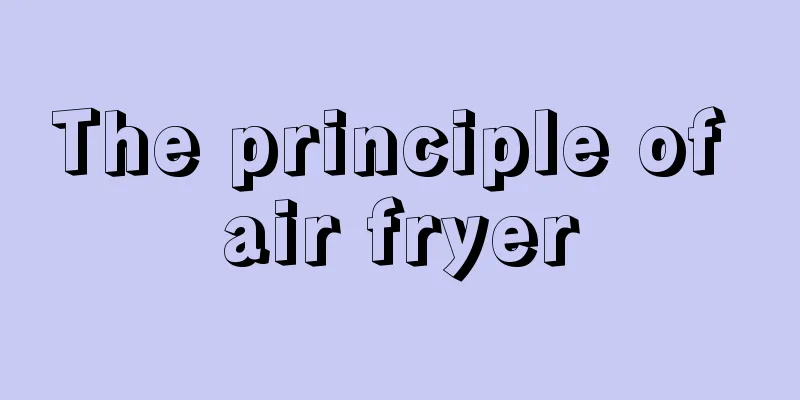Why does chronic pharyngitis cause coughing? The symptoms are like this

|
In everyone's impression, chronic pharyngitis causes itching, but in fact, there are many other symptoms, and cough is the most common. This kind of cough is medically called "pharyngeal cough" or "laryngeal cough". The treatment should target the inflammation of the pharynx and throat, eradicate the cause, and use appropriate cough suppressants. Coughing is a protective reflex function of the respiratory system, a rapid and forceful exhalation movement. You start by taking a breath, then the glottis closes and the soft palate rises to partially or completely close the nasopharynx. The chest and abdominal respiratory muscles contract and the pressure in the lungs increases. When it reaches a certain level, the glottis opens suddenly, and a strong airflow quickly passes through the narrowed airway, impacting the glottis, making a coughing sound, and expelling secretions and foreign objects from the respiratory tract. The sensory nerve endings involved in the cough reflex come from the trigeminal nerve, glossopharyngeal nerve, vagus nerve, superior laryngeal nerve, etc. These nerve endings are very sensitive to foreign objects, touch, cold, heat and chemical stimulation, and can cause coughing once they are stimulated by inflammation. In acute or chronic pharyngitis, the pharyngeal mucosa becomes congested, edematous, proliferative, thickened, or has secretions attached. These inflammatory responses stimulate sensory nerve endings and can produce a reflex cough. Patients often experience bouts of coughing due to itching, dryness, and a foreign body sensation in the throat, which is sometimes a dry cough and sometimes produces a small amount of sticky phlegm. If acute or chronic pharyngitis affects the laryngeal mucosa, the cough will become more obvious. Severe coughing can cause throat pain, mucosal bleeding, and flushing and tearing of the face. This type of cough is medically called "pharyngeal cough" or "laryngeal cough". Treatment should target the inflammation of the pharynx and larynx, eradicate the cause, and use appropriate cough suppressants, such as 25 mg of Kebiqing, 3 times a day, or the Chinese medicine Chuanbei loquat cough syrup. It should also be noted that some patients with acute pharyngitis are prone to complications of tracheitis, bronchitis or pneumonia due to their weak constitution, poor resistance or severe infection. The cough becomes more severe, the voice becomes dull, and the secretions increase. As the condition worsens, the sputum may become clear, sticky white, or thick yellow. Systemic symptoms are obvious, such as fever, headache, chest tightness, chest pain, increased white blood cell count, abnormal X-ray or film, etc. It is necessary to go to the hospital for diagnosis and treatment as soon as possible and give sufficient antibacterial and anti-inflammatory drugs to avoid worsening of the condition. |
<<: Tips to relieve itching caused by alcohol allergy, this actually works
>>: The effect of alcohol is so magical
Recommend
How to massage breasts to make them bigger, you need to know these two acupoints
With the trend of society, many women want to hav...
Be sure to turn off the computer during lunch break in the office
According to medical reports, people who use comp...
How many kilometers is the best to run every day
Running is the most common form of exercise chose...
How much does it cost to treat bile duct cancer
The cost of treating bile duct cancer is a matter...
What are the symptoms of gastric cancer recurrence after surgery? There are several types
The symptoms of recurrence after gastric cancer s...
What is lipstick made of
Lipstick is the most common cosmetic for women. T...
Skin color and clothing color matching
Before we know it, the colorful clothes on the st...
Do you know the steps of scraping leg slimming method?
Gua Sha is a traditional Chinese medicine treatme...
Analysis of factors related to the causes of bladder cancer
There are many factors related to the cause of bl...
How to soak your feet with mugwort leaves
Soaking your feet in mugwort leaves has a relativ...
What is the principle of breast milk secretion?
When women are about to give birth, their breasts...
Experts analyze the causes of melanoma
With the increasing incidence of melanoma, more a...
Is high blood lipid serious?
Modern people should be familiar with the three h...
Is the cost of treating bile duct cancer high?
Many private hospitals have been newly opened now...
What are some great uses for baking soda?
Baking soda can neutralize stomach acid and reduc...









